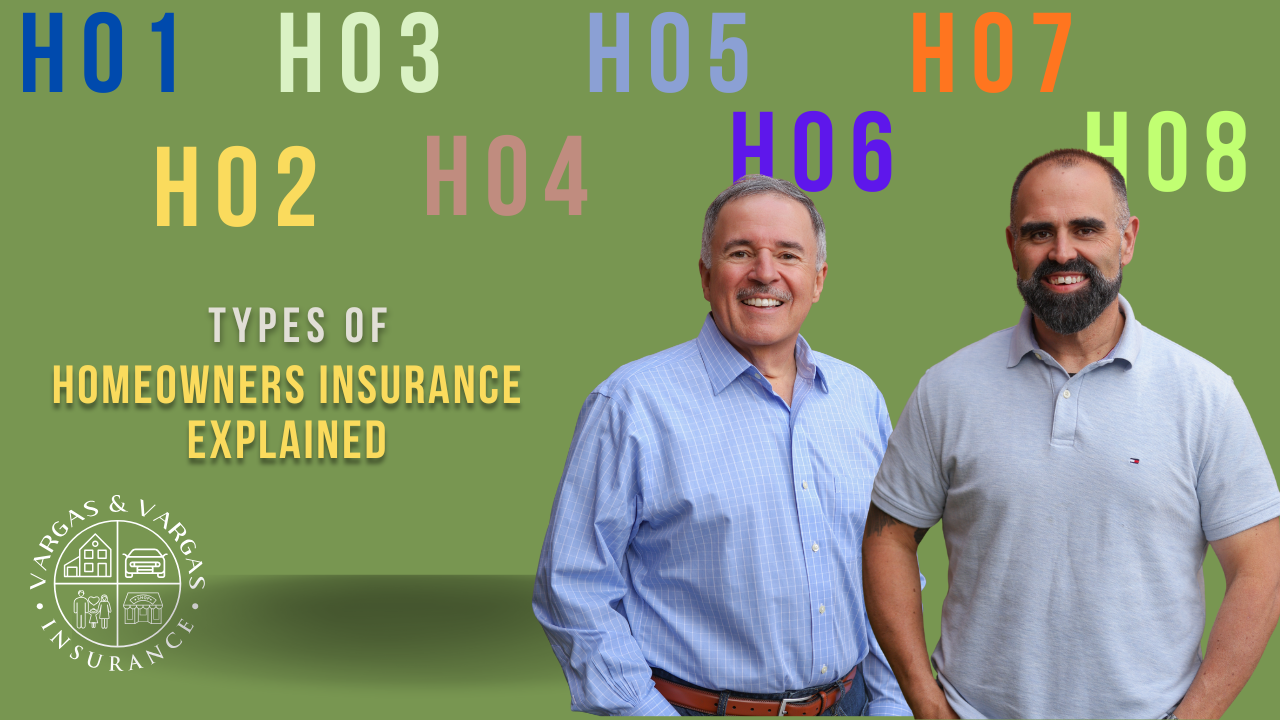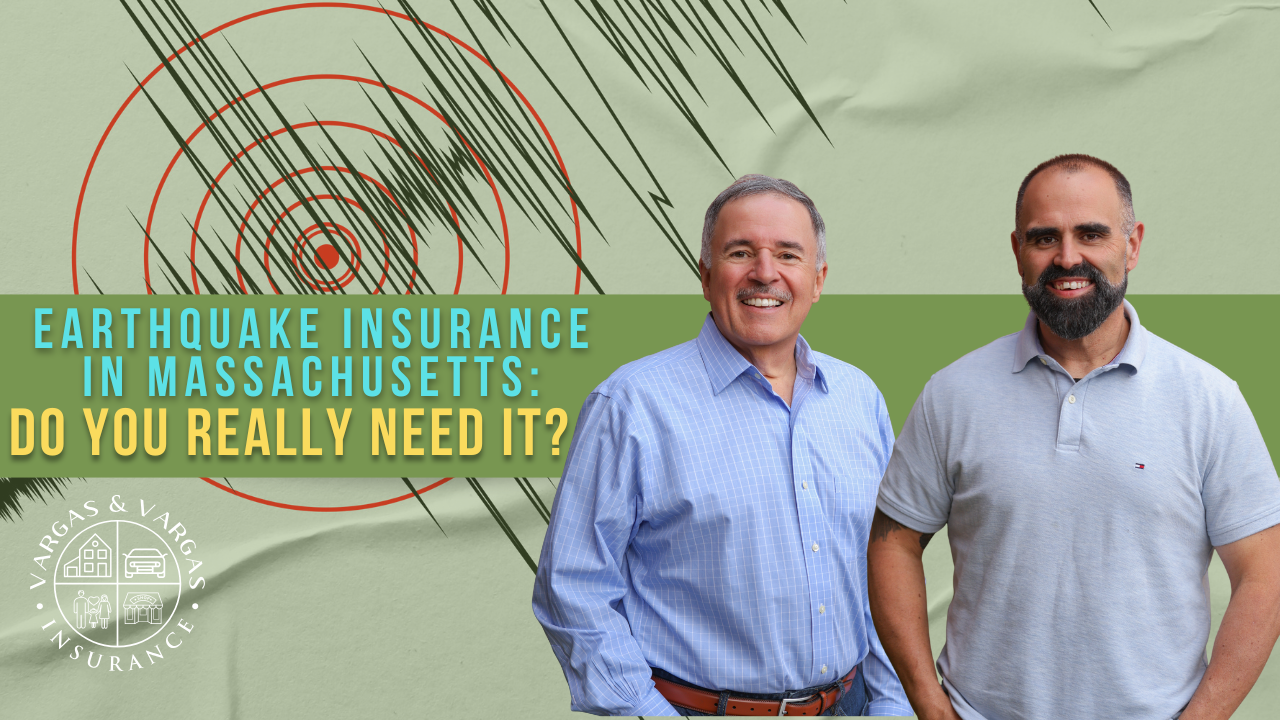Do I Have to Pay My First Year’s Home Insurance If I Have Escrow?
Carlos Vargas | Oct 01 2025 09:00
Why is My Mortgage Payment Going Up After the First Year?
Why did I have to pay the first year’s premium if I have an escrow account?
We’re going to clear up the confusion around who pays what, when, and why when it comes to homeowners insurance and escrow.
By the end of this article, you’ll understand exactly what your lender pays, what you’re responsible for, and how insurance payments work during and after closing. You’ll also know the right questions to ask your lender and insurance agent next.
Understanding Escrow and Your Insurance Premium: Who Pays What?
Let’s start with the basics: if you’re paying into an escrow account, your mortgage lender uses those funds to cover certain recurring homeownership costs — like property taxes and homeowner's insurance — on your behalf.
However, there’s one big exception that catches many homeowners off guard:
👉 You must still pay your first-year insurance premium out-of-pocket.
Why doesn't the bank pay my first year's premium?
Because the bank doesn't yet have your escrow funds when you're closing on your home.
At closing, you typically prepay your first 12 months of homeowners insurance.
This payment goes directly to your insurance company — either from you or sent by the closing attorney.
The lender begins collecting escrow for next year’s renewal premium starting with your first mortgage payment.
So, even though you're making monthly payments that include insurance, those payments are building up in escrow to be used for the following year's premium.
What Exactly is Escrow Covering, Then?
Escrow is a forward-looking system — it's always planning for what's next. So:
- Year 1: You pay your insurance premium directly.
- Months 1–12 of mortgage payments: A portion goes into escrow.
- Year 2: The bank uses the escrow account to pay your policy renewal.
This cycle continues each year: your lender pays your annual premium using the escrow funds you've accumulated over the prior 12 months.
Important: If your insurance premium increases (which is common), your monthly escrow amount will likely go up too — and that’s why your mortgage payment may change after the first year.
What if I Thought the Bank was Covering it?
You’re not alone. This is a very common misconception, especially for first-time homebuyers. Here's what usually happens:
- The loan officer may say your insurance is “escrowed” — which is true, but only after the first year.
- The homebuyer interprets this as, “The bank is paying my insurance now,” which isn’t accurate.
- Confusion sets in when you’re asked to pay the insurance premium upfront.
If this sounds like your situation, don’t worry — you’re doing exactly what you should by looking for answers.
What Are Your Options for Paying the First-Year Premium?
You have two common choices, and both are valid:
- Pay your insurance provider directly before closing.
- Have the premium paid at closing — the closing attorney mails a check to the insurance company on your behalf.
Your insurance provider can issue the policy binder (proof of insurance) with either option.
👉 Just make sure to coordinate with your loan officer and your insurance agent early in the process.
How to Avoid Surprises
To keep things smooth:
- Clarify with your loan officer: “When does escrow begin paying my insurance?”
- Ask your insurance broker: “Will I need to pay the first-year premium upfront?”
- Plan for that first premium so it’s not a surprise at the closing table.
So, What Should You Do Next?
Your next step is to read and watch our video "The Essential Guide to Home Insurance Escrow" so you can confidently plan for insurance payments and avoid unexpected costs after closing.
Final Thoughts: You're Not Alone in This
At the end of the day, many homeowners are confused when they’re told they have to pay for their insurance premium — even though their mortgage includes escrow. This is especially frustrating when you’re juggling so many costs at closing.
Now that you’ve learned how escrow accounts work — and what your lender pays vs. what you’re responsible for — you’re in a stronger position to ask the right questions and avoid surprise costs. Whether you’re preparing to close or just trying to make sense of your mortgage statement, our team is here to help guide you through it.
👉 Still have questions? Contact our team today — we're happy to review your policy and help coordinate with your lender.



